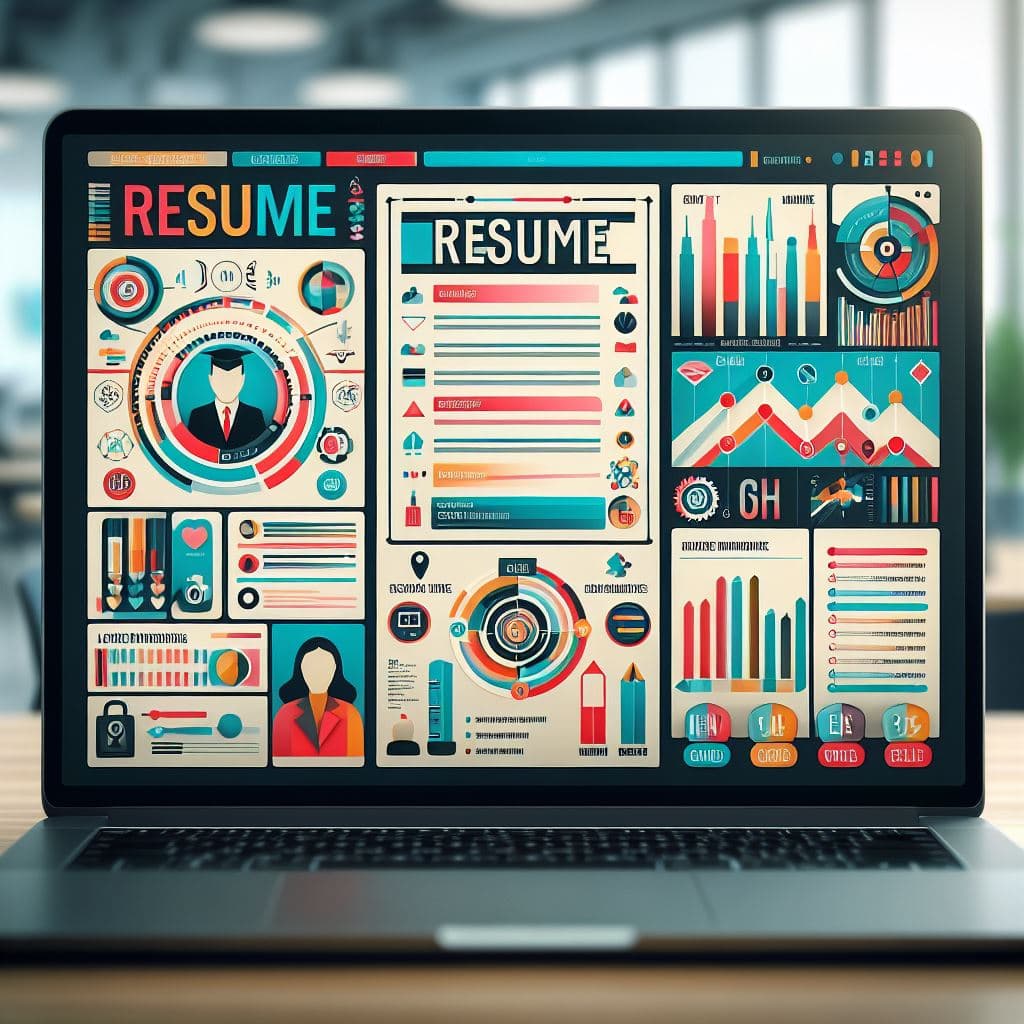Move over IQ and EQ; there’s a competing intelligence in town, according to Thomson Reuters chief people officer Mary Alice Vuicic. She says that organizations must express a high adaptability quotient—or AQ—to succeed in upskilling and reskilling for artificial intelligence.
This adaptability starts with hiring, and HR teams are including artificial intelligence competencies in job descriptions. Thomson Reuters analyzed over 29,000 tech jobs advertised online on Jan. 11, 2024, and found that 21% required AI skills.
On top of adding AI skills to current roles, new roles will also emerge, according to Vuicic. “The innovative AI roles being created today are set to play a vital role in the growth, innovation and efficiency of tomorrow’s business,” she told HRE in an email.
Vuicic names “integrators,” those who design work that plugs in technology alongside human contributions, and “reskillers,” those who develop people for reshaped work that can only be done by a human.
More from Vuicic: Can generative AI solve the professional burnout problem?
Other sources also reveal an uptick in hiring for artificial intelligence skills. A survey of 780 hiring managers conducted in early January by ResumeTemplates showed that seven in ten companies will expand AI usage this year. Nearly 80% of these managers called AI a “beneficial resume skill for 2024,” even for entry-level candidates.
“Possessing at least a basic understanding of a specific domain, in combination with having AI skills, can enable candidates to compete with more experienced counterparts,” wrote Andrew Stoner, ResumeTemplates’ executive resume writer and career coach, in the report.
Training adapts to include AI skills
The commitment to AI competency is coming from top leaders, according to Thomson Reuters findings. “Our research shows business leaders recognize the immense value the technology presents as both a tool for internal transformation and a competitive advantage,” says Vuicic.
The firm’s Future of Professionals C-Suite Survey showed that 90% of C-suite respondents expect all professionals to be obligated to gain AI training over the next five years, with legal, tax and accounting roles increasingly prioritizing AI development.
Respondents placed digital transformation, improving efficiency/reducing costs and increasing customer satisfaction as the top three short-term priorities for C-suite leaders. Many cited these areas as most likely to be positively impacted by generative AI, reflecting why AI training will take center stage in the coming years.
This all paints a picture in which HR leaders will increasingly address requests from hiring managers and C-suite executives. People leaders should expect both contingents to ask to onboard more employees willing to adapt to AI, either on the job or before hiring. “In 2024, generative AI will permeate all aspects of work,” says Vuicic. “It will enable augmentation and automation and lead to the redefinition of roles and organizations and the fostering of new job categories.”
Credit: Source link











